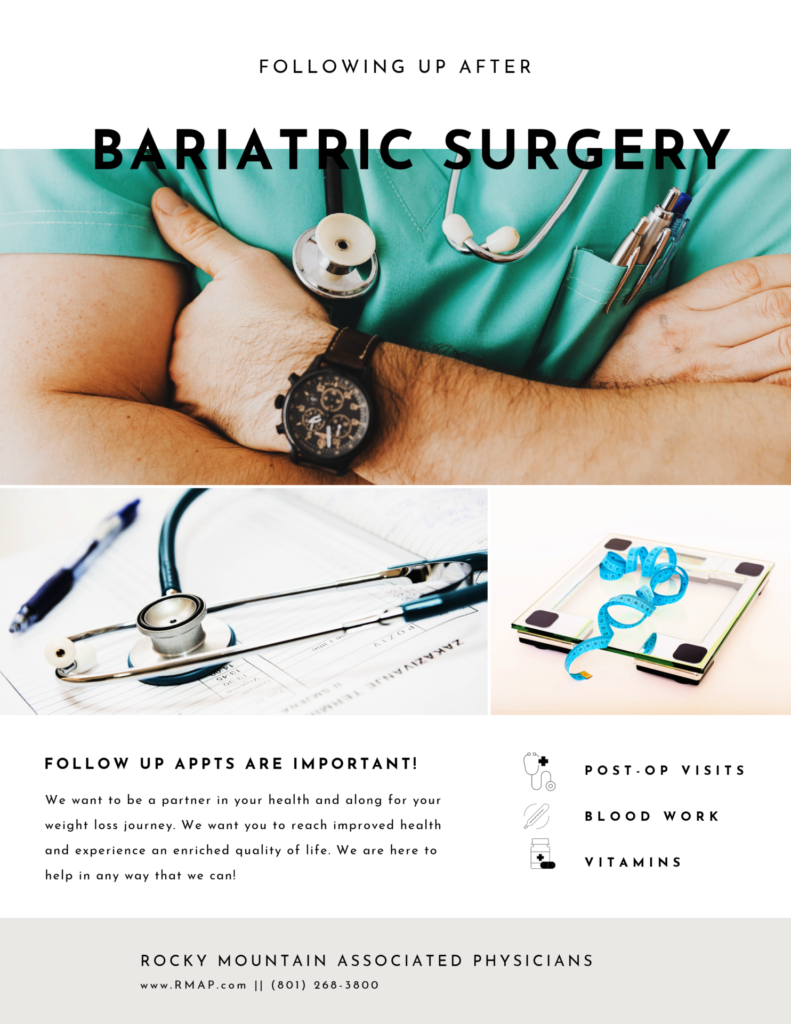
Learn more about weight loss surgery at Rocky Mountain Associated Physicians www.RMAP.com (801) 268-3800
Our surgeons and staff members of Rocky Mountain Associated Physicians (RMAP) seek to be a partner in your health. During the first year after surgery you will have multiple follow-up appointments scheduled. After your first year you are asked to have an annual physical and blood work done, which can be done by your primary care physician, and have to results faxed to us. This helps your continued progress, maintenance, and to monitor your health.
Follow-Up Visits Are Important
Follow-up visits are appointments set up with your surgeon’s office to monitor your health and weight status. They also provide an opportunity for you and your provider to evaluate the progress towards your goals. They allow you to focus on the positive changes that occur and for the use of a problem-solving approach toward the obstacles that you may be experiencing.
Your surgeon will assist you in establishing patient-selected incremental goals as well as long-term goals. By keeping up with your follow-up appointments you allow your surgeon to make an assessment of your health and instruct you on modifications that need to be made when necessary.
Post-Op Visits
You should schedule an appointment to see your surgeon/assistant for follow up visits at:
- 3-4 weeks (scheduled at the time of your surgery orientation class)
- 2 months
- 4 months
- 6-8 months
- 1 year or additionally as requested by your surgeon
- Annually thereafter
Annual Bloodwork
You will need to have certain blood tests done every year after bariatric surgery. Your family physician or our office can order them one to two weeks before your annual visit. The tests you need are:
- Complete blood count
- Lipid profile
- Comprehensive metabolic panel
- B-12 level
Mail or fax a copy of these tests to our office. The tests will be reviewed by your surgeon and placed in your chart. Fax number: (801) 268-3997.
Special Medical Considerations
It’s no surprise that with weight loss surgery your anatomy will change. Because of these changes your physicians (cardiologist, primary, GI, etc.) will need to perform some medical tests with modifications (see below). There are also some over the counter medications you won’t be able to take, such as NSAIDS. Make sure that your primary care physician is aware of these special medical considerations after your surgery.
Upper GI Testing
If this test is ever ordered for you please inform the ordering physician that you won’t be able to drink the contrast solution in the amount that is being requested. When undergoing all medical tests that require the use of a contrast you are limited to 120 cc. of contrast liquids for the first 6 months after surgery.
Glucose Tolerance Testing
Some Gastric Bypass patients shouldn’t participate in traditional glucose tolerance testing because the sugary drink could cause the “dumping syndrome” and could give inaccurate testing results. Also, the volume required for the test exceeds the volume your gastric pouch can tolerate.
Medications
Never hesitate to ask questions concerning your medications. You will experience the maximum benefits of your medication therapy if you take the medication as directed by your physician and pharmacist. You “new” stomach is now much smaller and therefore more vulnerable to medications that may harm the stomach lining. It’s well worth it to be extra cautious about taking any medications.
You should avoid the following list of medications. This list is not inclusive. When you have doubts about using any medications, please call your pharmacist or physician’s office before taking the drug. After weight loss surgery these medications may cause a stronger effect than they would normally. Therefore, caution should be taken.
- Do not take oral forms of aspirin, most anti-inflammatory drugs such as Motrin, Advil, or Ibuprofen. These over the counter medications are damaging to the lining of your pouch and could cause ulcerations, and cause signs and symptoms of gastric outlet obstruction. Avoid at all times.
- Do not take anti-arthritic medications such as Feldene, Naprosyn or Aleve.
- Use Erythromycin and Nyquil with caution as they may cause stomach irritation.
- Avoid cough syrups that contain alcohol.
- For patients with gout, Indocin in suppository form is allowed.
Thiamine Deficiency (Beri Beri)
Although extremely rare, Beri Beri has been seen in a few patients. Many primary care physicians fail to recognize Beri Beri when it is presented because of the rarity of its occurrence. Beri Beri is a nutritional deficiency that is often seen in third world countries. In some bariatric procedures some of the jejunum is bypassed and the way vitamins and minerals are absorbed changes. This is why it is imperative that you remember to take a daily multi-vitamin. Beri Beri is caused by a thiamine (vitamin B1) deficiency and affects the cardiovascular, muscular, gastrointestinal, and nervous systems. A person with dry Beri Beri may experience the following symptoms:
- Nerve degeneration
- Tingling in the hands and feet
- Poor arm and leg coordination
- Deep pain in the calf muscles
Symptoms of Wet Beri Beri include:
- An enlarged heart
- Heat failure
- Severe edema (swelling)
- B-12 Deficiency (pernicious anemia)
Cosmetic Surgery
Each patient has a unique body structure. Some will lose weight without the need for cosmetic reconstruction surgery. Cosmetic surgery can improve stretched out skin around the abdomen, thighs, breasts, arms, and face in function and appearance. Consult with your surgeon about the advisability and risks of such surgery. In most cases one year should lapse before reconstruction takes place.
Hernia
Some patients develop a Ventral Incisional Hernia. A hernia is a weakness in the muscle wall, allowing protrusion of the tissues normally contained within the abdominal cavity along an incision line. Hernias are more common in patients who are overweight. The weight puts pressure on the incisional area causing a weakness, tear, or separation. This is the reason that an overweight patient is at greater risk of developing a ventral incisional hernia after surgery.
If you develop a painful bulge in the incisional area, please call and make an appointment with your surgeon, so you can have it checked. If a hernia is strangulated, which can happen but is very rare, you will have excruciating pain. This is because a loop of bowel is caught in the hernia and in this case, you need to have immediate surgery.
Keep in Touch
Your surgeon, nurses, and health and wellness center staff are your unified team with your best interests in mind. Stay in contact. Attend support groups regularly. Where available, attend scheduled classroom instruction. Check the website at www.RMAP.com for interactive events and articles.
We want you to reach improved health and experience an enriched quality of life. We are here to help in any way that we can! We want to be a partner in your health and along for your weight loss journey. However, the necessary adjustments to your present behaviors will be yours to make. The pride and feeling of accomplishment as you lose weight and maintain your weight loss will be yours as well.
Links to similar articles:
Medical Follow-Ups after Weight Loss Surgery
Various Complications after Weight Loss Surgery
www.RMAP.com
Rocky Mountain Associated Physicians
801-268-3800
1160 East 3900 South, Suite 4100
SLC, UT 84124






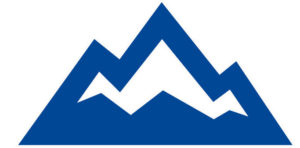

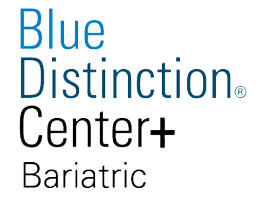

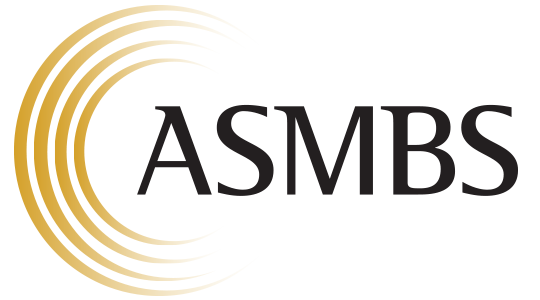
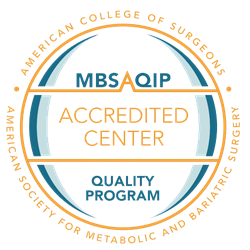
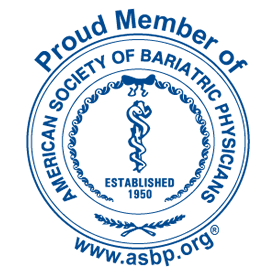
 Address: 1521 East 3900 South STE 100
Address: 1521 East 3900 South STE 100 Office: +
Office: +  Fax number (801) 268-3997
Fax number (801) 268-3997 Email: info@rmapinc.com
Email: info@rmapinc.com



